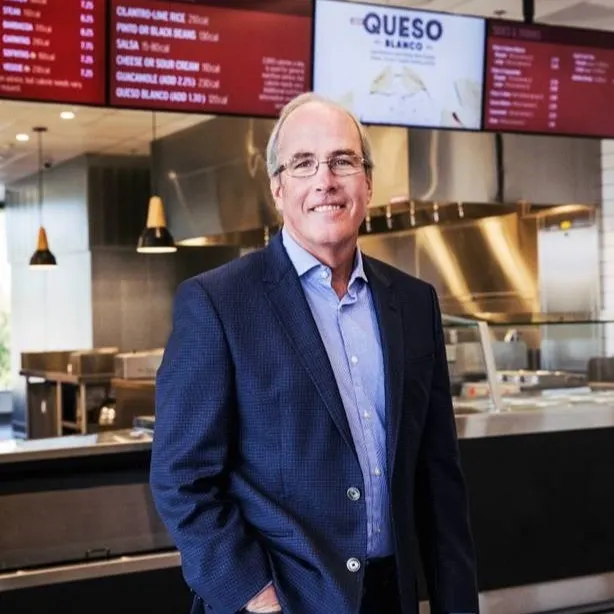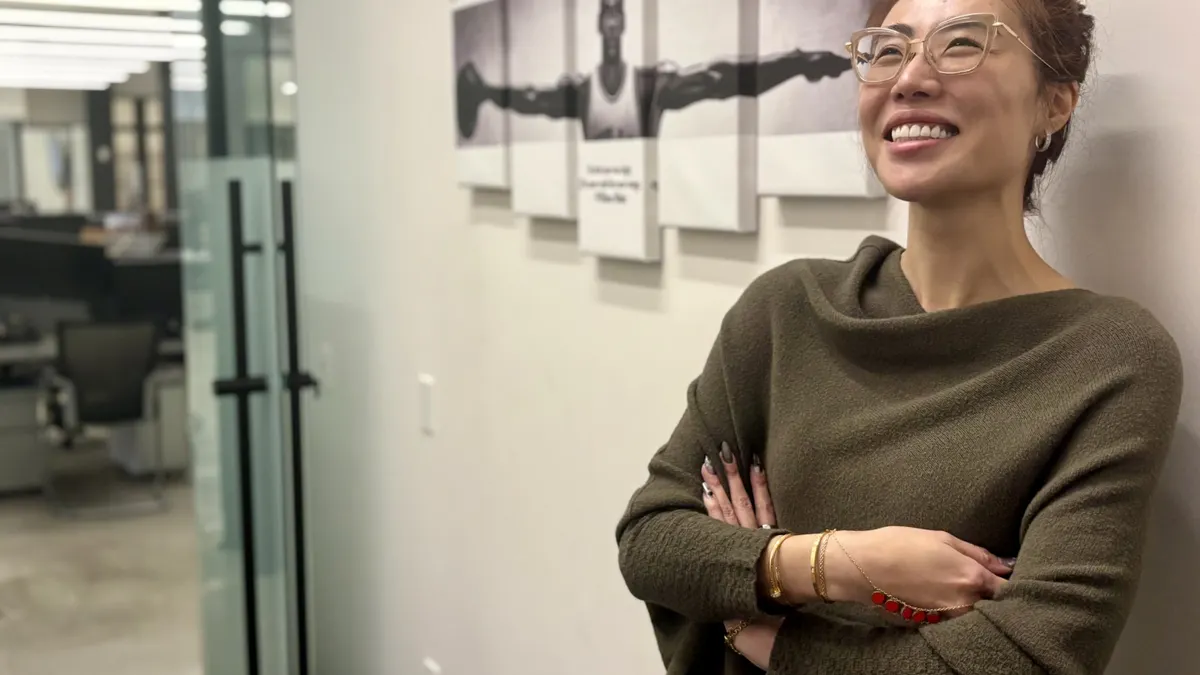When leading an internationally recognized fast casual food service company like Chipotle Mexican Grill, there are a lot of moving parts requiring focus, hard work, and buy-in. The leadership necessary to grow a company to the scale Chipotle has reached, coupled with the financial success the company has had in recent years, requires a loyal and passionate person at the helm of finance.
For Jack Hartung, who has been the CFO of Chipotle for over two decades, his passion for the brand continues to be the foundation of his leadership approach. Despite past success, Chipotle, much like many other companies, is faced with a new set of challenges triggered by things like artificial intelligence technology and changing labor dynamics.
Fortunately for Hartung and his team, a lack of resources isn’t the challenge; the challenge is properly using resources in a way that allows the company to leverage its people and technology best to sustain and develop the brand.

Jack Hartung
CFO, Chipotle
- Notable previous companies:
- The Honest Company (active board member)
- McDonald’s
This interview has been edited for brevity and clarity.
ADAM ZAKI: Historically, Chipotle has been proactive in applying technology. How do you evaluate a new piece of technology before implementing it?
JACK HARTUNG: One thing I look for is improved access to data. There’s a ton of information out there. Having the tools that give us the data but give it in such a way that it’s intuitive to our finance team is important. Numbers and data don’t mean anything unless you have the ability to sift through that data and turn that into insights. If we can boil the data numbers into a few KPIs [key performance indicators], identify a couple of trends, and act on those, that’s a really good way for us to get the most out of the data.
We also have tools that have turned long, laborious processes into automated finance functions. Anytime we can take our finance and accounting team out of the repetitive, data-pushing tasks and put them in a place where they can process the data and come up with their own analysis, it’s a really powerful thing.
So much of finance is already automated. What do you envision will be the value of AI-powered technology within finance and the company’s broader operations?
HARTUNG: I think AI has a lot of potential and will have some quick wins, but wide-scale implementation will take time. I think the excitement has been that AI is going to solve everything and replace everybody. While we’re not there yet, we’ve found a benefit from AI in the processing invoices. With 3,400 stores operating as their own businesses, they [each] have their own bills. Ordering from the distribution center, window washing — these things create invoices that we have to process.
While we’ve integrated new technology in this area to reduce the burden on our accounts payable teams, AI that can scan and process those invoices is a game changer for us.
We’ve also explored using AI in our camera systems. We currently evaluate throughput by watching camera footage of stores and identifying how teams execute on the front line. If our teams are running out of salsa frequently, slowing down the speed of serving customers, we can identify and address the issue. This is a manual process right now. We have people that review this camera footage and report back to leadership.
We’re talking with some AI providers about using it in this process. We are building it. We don’t have it yet, but with those tools, we can provide real-time information to store managers about what’s working and what’s not. We envision using this technology to help our teams get better in real-time, every single shift.
You’ve been with the company for more than two decades. CFO turnover is the highest among the C-suite, and I’m sure you’ve been recruited and could probably have any CFO job you wanted. What has made you stay with Chipotle?
HARTUNG: When I first started here, it was the authenticity of the food and brand that really sold me. I met our founder and we tasted everything. When I was at McDonald’s, the most successful food company in the world, I never saw anyone care or pay any attention to the details of the food.
I didn’t want to rely on banks to finance us during growth or during hard times. We don’t have any debt, and we’ve never had any debt.

When I met the founder of Chipotle and he had me go down the line and try everything, I knew that we had something special. The founder wasn’t a business leader; he was a chef, trying to open up a fine dining restaurant by [using the money from] starting Chipotle. Something that was fast, fresh, and affordable, all created by a real chef with a passion for food and service made me confident in my move. We try to do things the right way here, from top to bottom, and that’s been inspiring me since day one.
When things are going well, how did you ensure the values of the business, the things that brought you success, remain consistent?
HARTUNG: It all starts with the food. Even McDonald’s started with a lot of their cooking from scratch. However, as they grew, they found it too hard to work with fresh beef, so they had to move to frozen beef.
At Chipotle, we were founded by a chef, and that’s been the essence from the beginning. In the early days, when we were trying to expand outside of Denver, we learned it was essential to craft a supply chain that could properly transport all ingredients necessary to provide the same product.
We also learned our business model needed to be unique. We couldn’t franchise and expect our business owners to hold to the standards we do. Our approach was we’ll own the restaurants, we will do the hiring, and we will control our growth and expansion.
We also wanted to create a business model that was resilient enough to withstand the ups and downs of the industry. I didn’t want to rely on banks to finance us during growth or hard times. We don’t have any debt, and we’ve never had any debt. We’ve created a business model [where] we can continue to invest in our own business at our own pace while ensuring the quality of our food stays high.




















